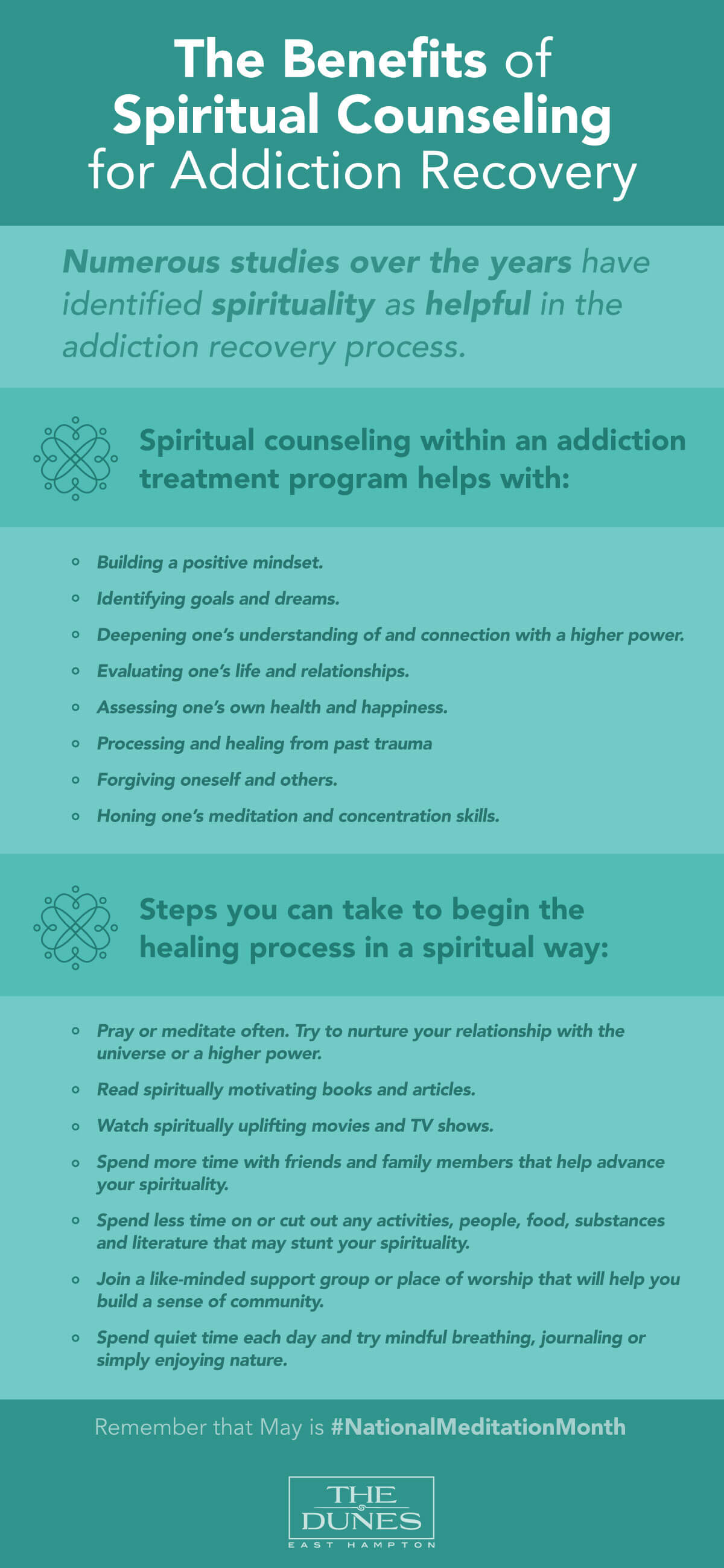Find Out How To Develop A Strong Aftercare Plan After Drug Rehab And Attain Lasting Success
Find Out How To Develop A Strong Aftercare Plan After Drug Rehab And Attain Lasting Success
Blog Article
Composed By-Hjort Aagaard
You have actually finished drug rehabilitation, and now it's time to develop a successful aftercare strategy to guarantee your lasting recovery.
Photo this: you're an individual figured out to remain clean and construct a satisfying life. This write-up will lead you via identifying continuous support systems, integrating therapy and therapy, and establishing healthy coping devices.
With these techniques, you'll be equipped to thrive in your journey of sobriety.
Let's begin.
Identifying Ongoing Assistance Systems
You need to recognize at the very least 3 continuous support group to ensure an effective recuperation after drug rehab.
The initial support system is your family and friends. They can offer emotional support, encouragement, and help you remain accountable. They can additionally provide a secure and understanding atmosphere where you can share your struggles and victories.
The 2nd support group is your therapist or counselor. They can aid you resolve any kind of underlying issues that may have added to your addiction and give advice on how to prevent regression. They can likewise teach you dealing mechanisms and healthy and balanced means to handle tension.
The 3rd support system is a support group or a sober area. Being bordered by others that are experiencing comparable experiences can be unbelievably helpful. Read More On this page can supply a feeling of belonging, understanding, and offer valuable advice and support.
Incorporating Treatment and Therapy
To attain an effective healing, it's important for you to proactively participate in therapy and counseling sessions, as well as incorporate them into your recurring support systems. By doing so, just click the next article can make best use of the advantages of these treatment methods and raise your possibilities of maintaining long-lasting soberness.
Here are some vital reasons integrating therapy and counseling right into your aftercare strategy is critical:
- ** Emotional Support: ** Therapy and counseling give a safe room for you to share your ideas, feelings, and battles related to your dependency. It permits you to work through any type of unsolved problems and develop healthy and balanced coping devices.
- ** Relapse Prevention: ** These sessions furnish you with the required tools and approaches to stop regression. They assist you recognize triggers, develop coping abilities, and establish a solid structure for handling cravings and stress and anxiety.
- ** Personal Development: ** Therapy and therapy help with personal growth and self-discovery. They aid you obtain understanding into the underlying reasons for your addiction, improve self-esteem, and establish much healthier connections.
Developing Healthy And Balanced Coping Mechanisms
During therapy and therapy sessions, it's vital to proactively work on developing healthy coping devices in order to effectively handle stress and anxiety and obstacles.
You require to identify and understand your triggers, those points that trigger you distress or anxiety. By identifying these triggers, you can create techniques to manage them in a healthy way. This could entail practicing deep breathing workouts, participating in exercise, or locating a creative outlet to express your feelings.
It is very important to also border yourself with a strong support group of family and friends who can supply encouragement and guidance.
Additionally, self-care tasks such as getting enough sleep, eating well, and practicing relaxation techniques can greatly add to your overall wellness.
Final thought
In the journey towards recuperation, creating a successful aftercare strategy resembles having a tendency to a fragile yard. Just as a garden enthusiast supports each plant with treatment and interest, so also must one grow ongoing support group, include therapy and counseling, and develop healthy coping systems.
By doing so, the seeds of healing will bloom into a growing yard, supplying a strong structure for a brighter, drug-free future.
